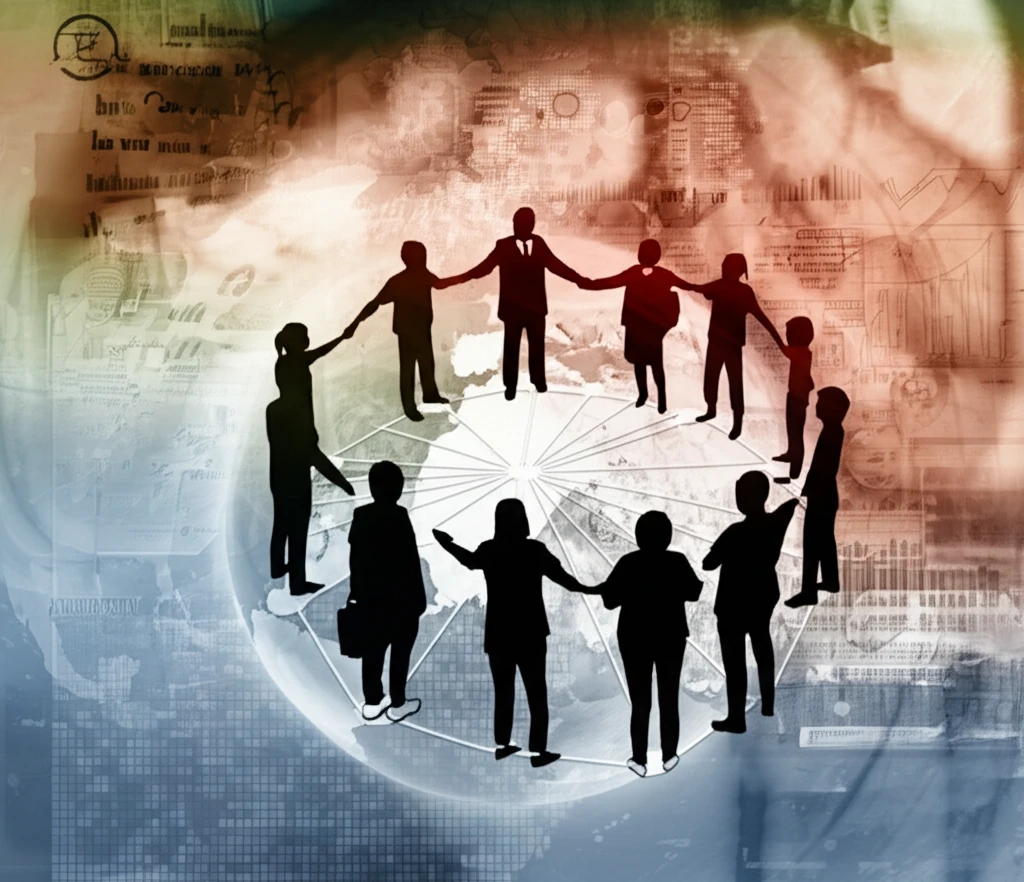
Beyond the Textbook: Can a Liberating Education Reshape Our View of 'Us' and 'Them'?
"Discover how Latin American philosophy and the concept of 'alterity' offer a fresh lens for understanding education, challenging traditional boundaries and fostering a deeper connection to our shared humanity."
In a world increasingly divided, the need for an education that fosters understanding, empathy, and critical thinking has never been more urgent. Traditional educational models often fall short, perpetuating existing power structures and failing to adequately address the diverse perspectives that shape our global society. But what if there was a different approach? What if education could become a tool for liberation, empowering individuals to challenge oppressive systems and build a more just and equitable world?
Enter the philosophy of liberation, a school of thought that emerged from Latin America in the 1960s and 70s, a time of widespread political upheaval and social unrest. Think of the era’s revolutionary figures and movements. From the fight against dictatorial regimes to the rise of liberation theology, Latin America was a hotbed of ideas challenging the status quo. Figures like Paulo Freire, with his 'Pedagogy of the Oppressed,' and theologians advocating for the poor, captured this spirit, advocating for education and spiritual practices rooted in justice and liberation.
At the heart of this philosophy lies the concept of 'alterity,' which emphasizes the importance of recognizing and respecting the otherness of those who are different from us. This includes not only cultural and ethnic differences but also diverse perspectives, experiences, and ways of knowing. By embracing alterity, education can move beyond the limitations of traditional, Eurocentric models and foster a deeper understanding of our shared humanity.
What is Alterity, and Why Does It Matter in Education?

The concept of alterity, central to the work of thinkers like Emmanuel Lévinas and later developed by Enrique Dussel, challenges the traditional Western philosophical focus on the self. It posits that ethical responsibility arises from our encounter with the Other—someone or something outside ourselves. Think of it as a philosophical call to step outside your own shoes.
- Breaking Down Silos By emphasizing the importance of the 'Other,' education can help break down the silos that separate us.
- Promoting Dialogue It fosters critical dialogue between different cultures, perspectives, and ways of knowing.
- Challenging Assumptions Encouraging students to question their own assumptions and biases.
- Building Empathy Cultivating empathy and a deeper understanding of the experiences of others.
Embracing the 'Other': A Path Towards a More Inclusive Education
By embracing alterity and incorporating the philosophy of liberation into educational practices, we can create learning environments that are more inclusive, equitable, and empowering. We can equip students with the critical thinking skills, empathy, and cross-cultural understanding needed to navigate an increasingly complex and interconnected world. The journey starts with acknowledging the 'Other,' listening to their stories, and valuing their unique perspectives. It is a journey that has the potential to transform not only education but also our understanding of ourselves and our place in the world.
